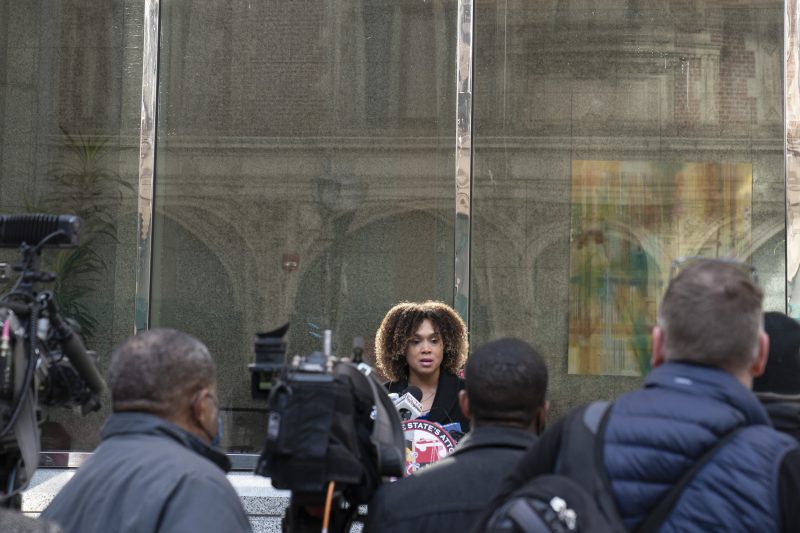Marilyn Mosby’s Clemency Quest Raises Questions
In recent months, Baltimore State’s Attorney Marilyn Mosby has gained considerable attention for her efforts to seek clemency for individuals serving lengthy sentences for nonviolent offenses. While her actions have garnered praise from many for their focus on criminal justice reform, others have raised important questions and concerns regarding the transparency and accuracy of the information provided by Mosby’s office.
One of the key issues at the center of the debate surrounding Mosby’s clemency quest is the alleged omission of key facts in the cases being considered. Critics argue that Mosby has selectively highlighted certain details of the cases in question while downplaying or entirely ignoring critical information that may paint a different picture. This lack of transparency has sparked doubts about the integrity of Mosby’s efforts and the true motives behind her clemency push.
Moreover, some skeptics have pointed out discrepancies between the information presented by Mosby’s office and the official court records. This has raised concerns about the thoroughness and accuracy of the vetting process employed by Mosby’s team in identifying potential candidates for clemency. Accurate and reliable information is crucial in evaluating the merit of clemency petitions, and any discrepancies or inconsistencies in the data presented can undermine the credibility of the entire process.
Another aspect of Mosby’s clemency quest that has come under scrutiny is the perceived lack of victim input and consideration in the decision-making process. While advocating for the release of individuals convicted of nonviolent offenses is indeed a laudable goal, it is essential to ensure that the voices and concerns of the victims of these crimes are also taken into account. Ignoring or excluding victim perspectives can be perceived as disrespectful and unjust, potentially causing further pain and trauma to those who have already suffered from the consequences of these crimes.
Additionally, questions have been raised about the potential political motivations behind Mosby’s clemency efforts. As an elected official, Mosby’s actions are inevitably viewed through a political lens, and some critics argue that her push for clemency may be driven more by a desire to gain favorable publicity and support rather than a genuine commitment to criminal justice reform. It is essential for public officials to prioritize the best interests of their constituents and the community at large above personal or political considerations.
In conclusion, while Marilyn Mosby’s clemency quest has sparked important conversations about criminal justice reform and the need for compassion and fairness in the legal system, it is crucial to address the legitimate concerns and questions raised by skeptics. Transparency, accuracy, victim input, and genuine motives are all essential components of a responsible and effective clemency process. By acknowledging and addressing these issues, Mosby and her team can demonstrate their commitment to upholding the principles of justice and fairness in their pursuit of reform.

